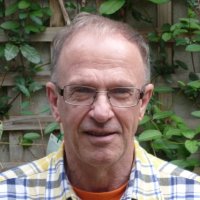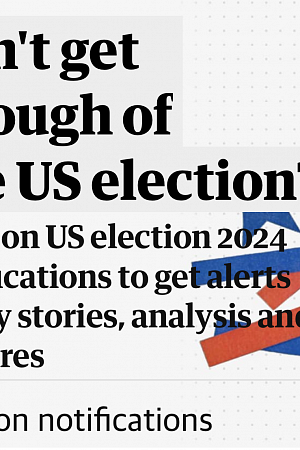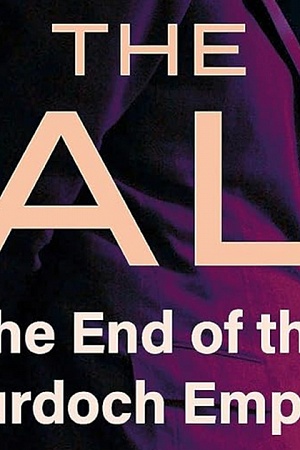The spectre of tribalism
‘Life would be infinitely happier if we could only be born at the age of eighty and gradually approach eighteen.’
Mark Twain
Last year I turned eighty. Vacillating between denial and celebration, I decided, with some trepidation, on the latter. It was thirty years since I had last had a big birthday party: this one needed to be special. I consoled myself that, old as I am, I am still younger than the president of the United States, Mick Jagger, and the pope.
The obvious site was Melbourne’s new Pride Centre, the $25 million building that occupies half a city block on Fitzroy Street, St Kilda, a five-storey curvaceous white fantasy with a rooftop view across the Bay. Guests entered through the massive foyer, with its grand staircase that could grace an opera house, and walked into the back hall, where a friend acted as DJ, spinning a series of CDs that reflected half a century of favourite music. No Mick Jagger, but David Bowie, Joan Armatrading, Lou Reed, Janis Joplin – and Mahler both to begin and end the evening.
Friends rallied to help plan the evening. Two of them constructed extraordinary cakes from brownies and fruit, and the evening included a wonderful singer and several speeches. My sister told a story from our past that was new to me, and my two best women friends performed a double act, pointing out that if you needed to find me you just looked for the cutest young man in the room. By chance he was standing next to me at the time.
I expected to feel let down after the party; in fact I felt rejuvenated. But mine is an age where there are more ghosts in the room than actual people, above all that of my long-term partner, who died of lung cancer ten years ago. I am most aware of Anthony when I see changes to the city skyline that he would no longer recognise; there is a gaping construction hole at St Vincents Hospital where he died in intensive care, the sight of which produces a shudder whenever I drive past.
Each year another link to Anthony fades. We lived with five cats over the years we were together, and the last, called CJ after Allison Janney’s character in The West Wing, died while I was in Europe in 2022. When Anthony was ill she would lie on him for hours, purring; now she is buried under a rose bush next to the one in his name. Losing a partner brings both deep grief and trivial problems: suddenly there is too much bread, and turning the mattress alone is a challenge. Anthony was fifteen years younger than me; it felt strangely perverse that he was the one who died.
I am one of a generation of gay men who are survivors, who lived through the fifteen terrible years between the onset of AIDS and the emergence of effective treatments. Those years have hollowed out a community, just as war does, or natural disaster. For three decades, AIDS was the dominant passion of my life, reflected in both community and academic work. I was never a frontline worker, but the struggle to build political support to combat the epidemic took me across the world, from a shanty town in Johannesburg to a helicopter ride over the Swiss Alps in the company of extraordinary activists, scientists, and people living with HIV.
Those awful years should have prepared us for the time when every week someone familiar passes away. One of my earliest AIDS memories is of visiting a former student at Santa Cruz who was in hospital in the last stages of his life. ‘It’s not fair,’ he said bitterly. ‘I haven’t had my life yet.’
Continue reading for only $10 per month. Subscribe and gain full access to Australian Book Review. Already a subscriber? Sign in. If you need assistance, feel free to contact us.














Comments (5)
Janice
Revealing, informative and reassuring. A candid,honest and humble self-appraisal.
Dennis even makes growing old interesting.
John
Leave a comment
If you are an ABR subscriber, you will need to sign in to post a comment.
If you have forgotten your sign in details, or if you receive an error message when trying to submit your comment, please email your comment (and the name of the article to which it relates) to ABR Comments. We will review your comment and, subject to approval, we will post it under your name.
Please note that all comments must be approved by ABR and comply with our Terms & Conditions.